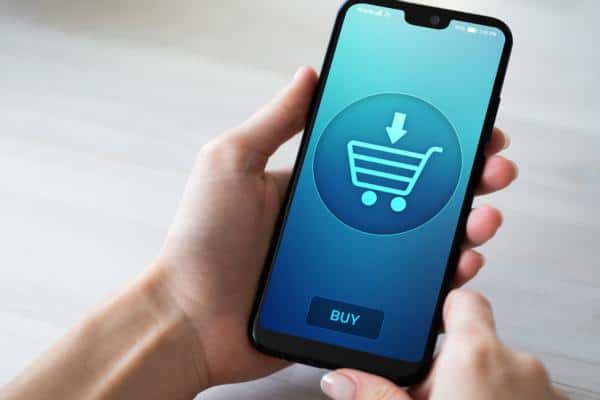Pent up demand, a need to manage finances, a move away from credit cards to debit and the rise of mobile payments are all seeing Buy now, pay later (BNPL) being used by as much as a fifth of the UK population.
A study independent economic consultancy Capital Economics – BNPL and The New Economic Landscape – concludes that the UK have seen rapid change over recent years as people have increasingly used cards, mobiles and electronic wallets to make payments and looked for alternatives to “traditional” forms of credit. Debit cards are now the most popular form of payment in the UK, accounting for 4 in 10 of all payments in 2019.
A similar shift is occurring in consumer credit, with credit cards steadily losing share to other forms of credit over the past 10 years, it predicts.
As part of the growth of the online payments sector and the shift from credit to debit, new solutions in the form of BNPL products have rapidly risen in popularity. The report found that more than 10 million people – one fifth of the UK’s adult population – used a BNPL option to purchase goods online in 2020, with the payment method accounting for nearly 4% of all retail sales made online in 2020.
According to the report, commissioned by Klarna, almost two thirds (64%) of adults that have previously used a BNPL service to make an online payment said that the flexibility had helped them manage their finances. If all purchases made through BNPL in 2020 had instead been made on credit cards over the same period, it could have cost consumers £76m in interest payments alone, excluding missed payments or membership fees.
This figure assumes the minimum fee was paid after one month and the balance was paid off after two months. Additionally, some spending is likely to have happened on even higher cost alternatives. As more consumers choose BNPL and it continues to grow and gain share, the potential for savings on interest payments and fees will also rise.
Capital Economics asked consumers to consider what they would have done had buy now pay later not been available at the time of purchase. About a third of purchases would have been made using an alternative form of credit, some of which would be higher cost. A further third would have been made without using credit at all, indicating that customers enjoy benefits other than deferring payment.
78% of BNPL users noted that having the security provided in purchases by using a reputable company, rather than directly interacting with less well known seller was ‘fairly’ or ‘very’ important when choosing to use BNPL to make online payments.
Retailers have had to adapt
Retail was amongst the hardest-hit sectors as COVID-19 forced brick and mortar stores to close for large portions of 2020. As focuses shifted online, retailers sought every advantage in the battle for market share. One such advantage was adding BNPL payment options to checkout process, something there was significant consumer demand for. More than 9.5 million consumers in the U.K. noted they actively avoid buying from retailers that don’t offer BNPL as a payment method.
Once the current moratorium on insolvencies ends on 31st March and other government support for businesses starts to be withdrawn, Capital Economics expect the number of insolvencies to surge. SMEs are likely to be particularly vulnerable. The latest Small Business Index from the Federation of Small Business suggests that, without further support, 250,000 small businesses are set to fold in the next year, many in the retail sector.
The report found that BNPL offers retailers, including SMEs, the chance to better serve consumer interests and, in turn, receive immediate payment and offset risks including late or non-payment onto providers.
Commenting on the publication of the report, Andrew Evans, Managing Economist of Capital Economics says: “The use of BNPL has grown rapidly in the UK over recent years. Consumers are set to lead the economic recovery and when BNPL is used responsibly it can help consumers to manage their finances and provide security in purchases for both consumers and retailers.”
Alex Marsh, Head of Klarna UK adds: “As the report makes clear, during 2020, UK consumers changed their spending enormously, paid down credit card debt and increased overall household savings to £300bn11. At the same time, consumers shopped more online and turned increasingly to buy now pay later as a way to avoid paying interest, increase security when shopping with unfamiliar retailers and manage returns. These factors will be crucial as we look ahead to a retail recovery driven by cautious consumers looking for security, flexibility and convenience.”









